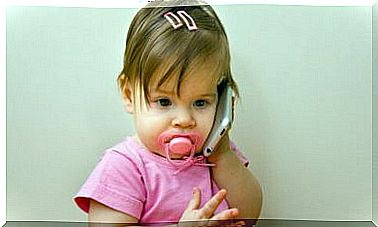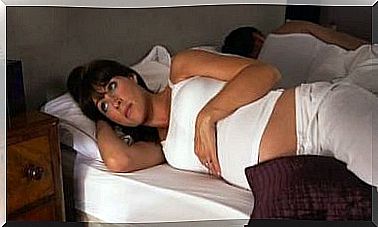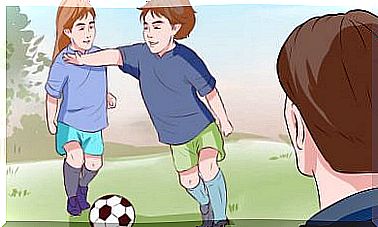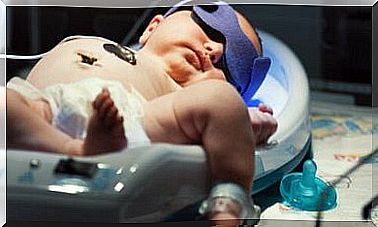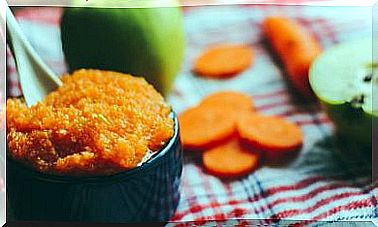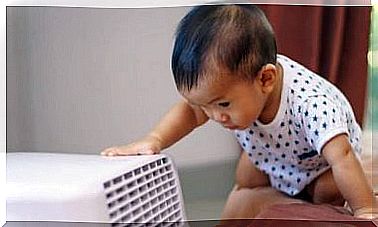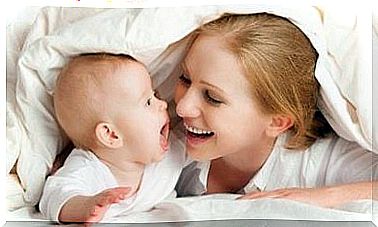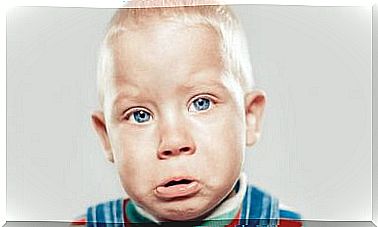Stories About Women Scientists That You Can Read With Your Children
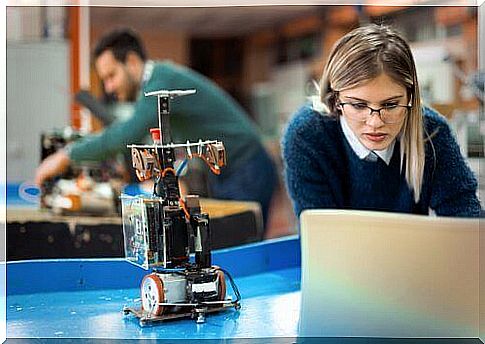
When you think of great scientists in history, you will likely think of Einstein or Newton. But do you also know well-known female scientists?
Women scientists received less and less attention from society and far more importance was attached to the achievements of their male colleagues. This, of course, was at a time when they were not being accused of witchcraft, persecuted and burned.
In 2015 the United Nations (UN) declared February 11th “International Day of Women and Girls in Science”. The aim is to recognize all women in science and to appreciate their achievements.
Today we are going to introduce you to some of these women. However, we would have to write a great many articles if we are to do justice to all of the great women scientists in history.
3 stories about great women scientists
We now want to tell you three wonderful stories about three great scientists that you can read with your children. These three women are true icons for generations past, present and future.
Scientists: Hypatia of Alexandria
The first woman mathematician in history was born in Alexandria, Egypt, in the year 370. She was also well versed in philosophy, physics, mathematics, and astronomy. However, she sentenced a group of Christians to death. They accused Hypatia of heresy.
She was then brutally murdered when she was only 46 years old. So extensive was her scientific research and literary knowledge that she was better than her male contemporaries.
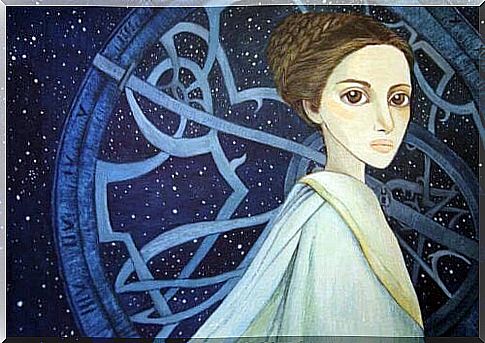
Hypatia: The Truth in Mathematics
This is a story by Jordi Bayarri. It is part of a collection of scientific comics that are ideal for children between the ages of 10 and 12.
In this story, you will learn more about the ancient library in Alexandria from Hypatia. In addition, she will tell you about what life was like as a teacher and scientist in the time of Constantine the Great.
Marie Curie
She was a very important chemist and physicist. Marie Salomea Sklodowska-Curie was born in 1867 and was the first woman to win two Nobel Prizes: in 1903 she received the Nobel Prize in Physics and the Nobel Prize in Chemistry in 1911.
First, her husband received recognition for her research on radiation phenomena. Therefore, she had to ask for this misunderstanding to be corrected. However, she had not registered her discoveries and so all scientists had access to these research results.
Marie Curie: The Activity of Radium
This story, like the one about Hypatia, is included in Jordi Bayarri’s collection of scientific comics. In his fourth book, Bayarri tells you more about the life of this great woman who discovered radium and polonium, among other things.
Both her passion for science and her commitment to the free collaboration of scientists around the world make her an excellent example of a woman scientist.
Jane Goodall
Valerie Jane Morris-Goodall was born in London in 1934. She is world famous for her studies in primatology and anthropology. Her scientific studies of chimpanzee behavior and society made her known in the scientific world.
She also discovered that chimpanzees are able to use tools. In addition, she received numerous honors and awards. Among other things, she was awarded the Prince of Asturias Prize for scientific and technical research in 2003.
Jane Goodall – An Inspirational Story
This story is perfect for encouraging girls to pursue their own dreams. Albert, the camp guard in Africa, tells Jane’s story every evening. In addition, Jane and her life story is a wonderful inspiration for all children, reminding them to do everything possible to achieve their goals.
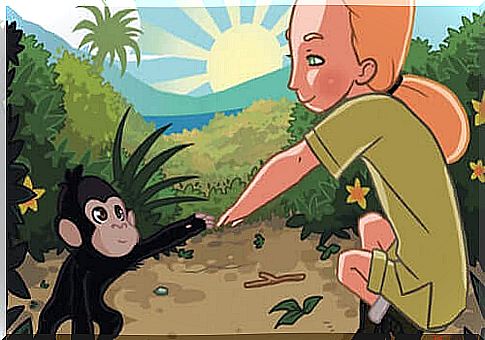
Finally, a few books about women scientists
In addition, there are many more women scientists in our history. Therefore we would like to name a few of them here. For example, there is Barbara McClintock, who specializes in cytogenetics and who won the Nobel Prize for her theory of transposons (“jumping genes”).
We would also like to mention Jocelyn Bell. She is a British astrophysicist and discovered the first radio signal from a pulsar.
If you want to learn more about these women and their interesting lives as scientists, we recommend the following books:
- Fearless women reaching for the stars: 50 portraits of fascinating women scientists by Rachel Ignotofsky. If your kids are 8 years or older, we can definitely recommend this book.
- Girls think of everything: stories about ingenious inventions by women by Catherine Thimmesh. This book focuses on scientific inventions made by women.
- 10 women who changed science and the world (pioneers, pioneers, revolutionaries). Catherine Whitlock tells fascinating stories of 10 women from the 19th and 20th centuries who made important contributions to science.
We hope these stories about women scientists will help get girls excited about science. They should also encourage the girls to realize their dreams.
